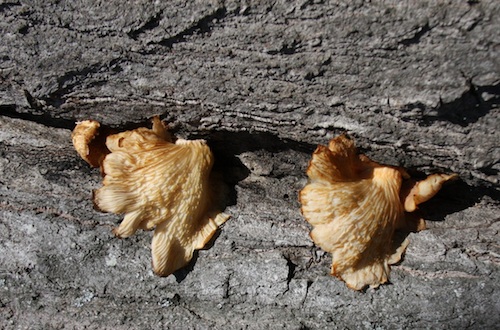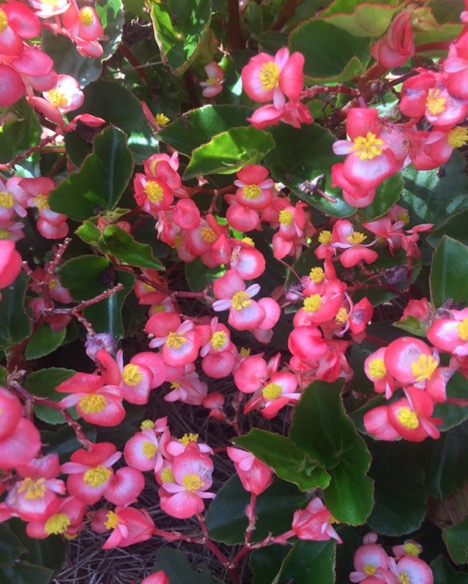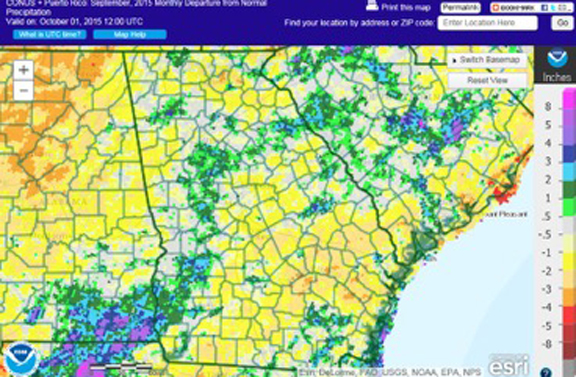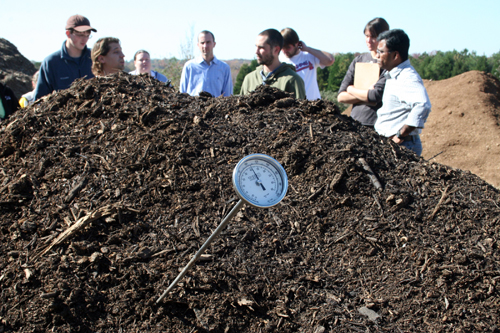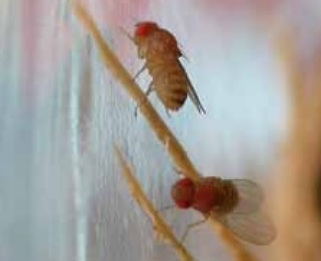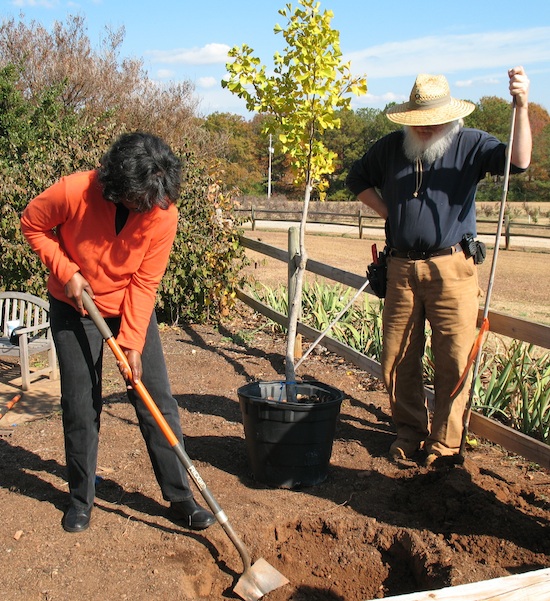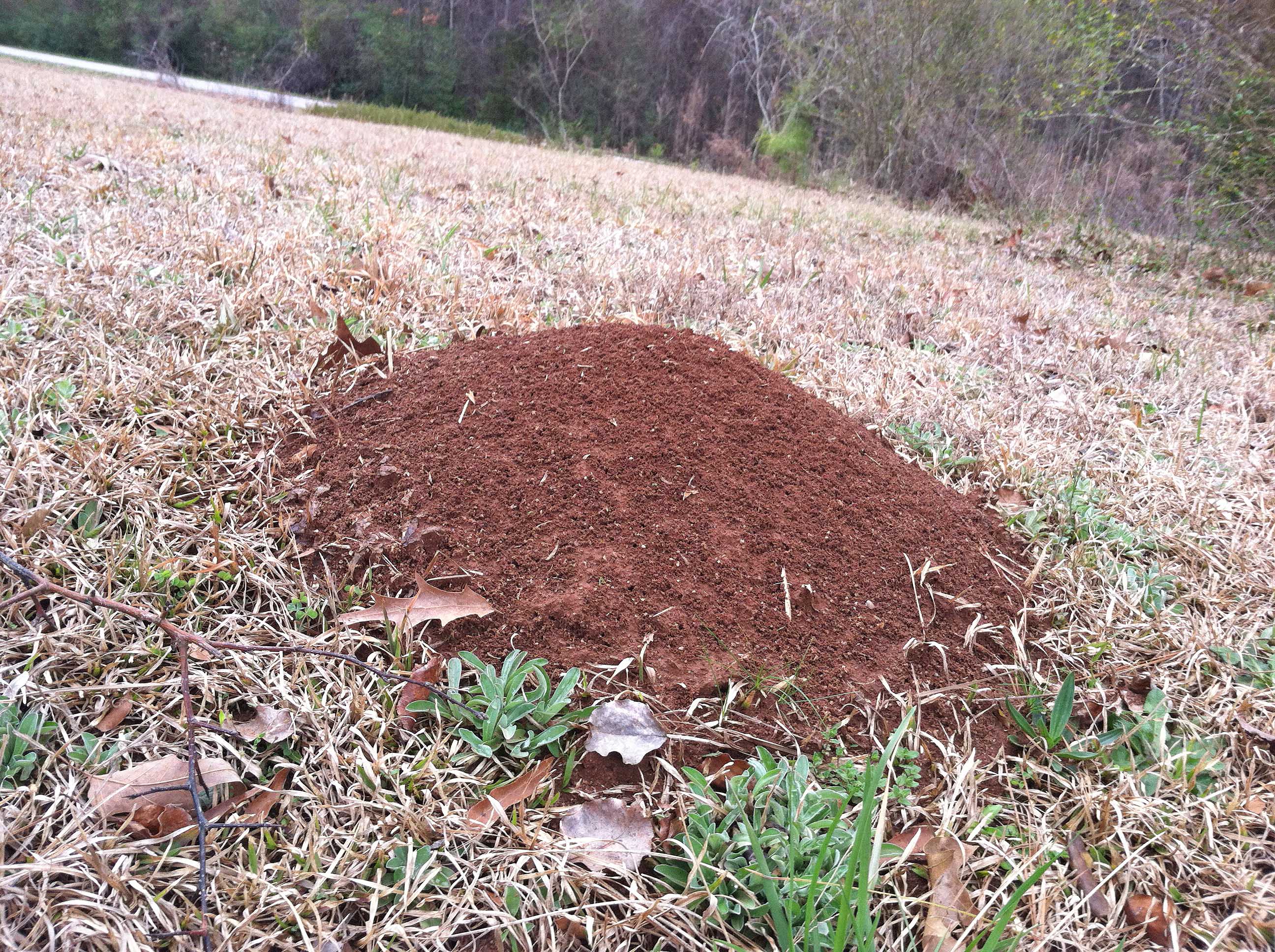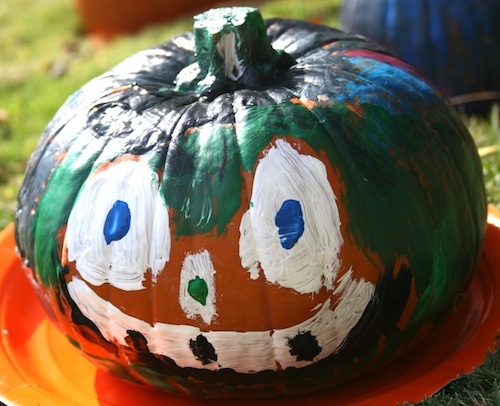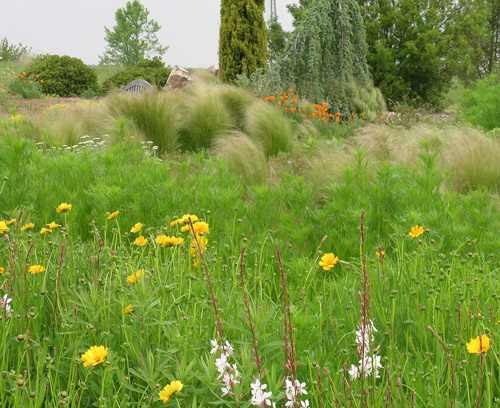Pest Facility
Since the pest control training center opened on the University of Georgia campus in Griffin, Georgia, thousands of pest control operators from across the Southeast have received training. Now the training facility is expanding to allow pest control operators to learn how to control pests in commercial kitchens and schools and pests like bed bugs in bedroom settings.

